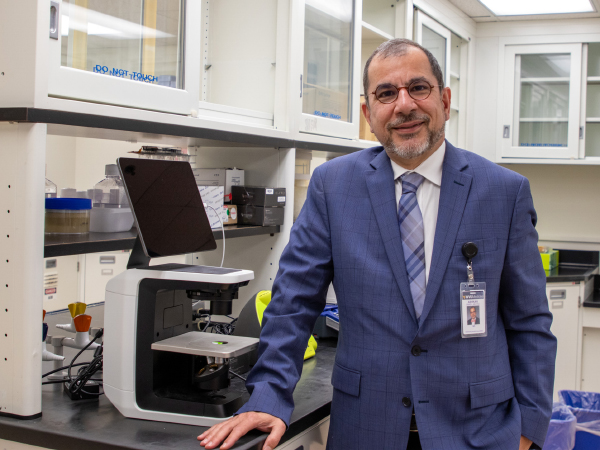A study, led by researchers at the Johns Hopkins Kimmel Cancer Center, that analyzed the tumor microenvironment of pancreatic cancer revealed the cause of tumor cell resistance to immunotherapy and resulted in new treatment strategies.
To access this subscriber-only content please log in or subscribe.
If your institution has a site license, log in with IP-login or register for a sponsored account.*
*Not all site licenses are enrolled in sponsored accounts.
Login Subscribe
If your institution has a site license, log in with IP-login or register for a sponsored account.*
*Not all site licenses are enrolled in sponsored accounts.
Login Subscribe






